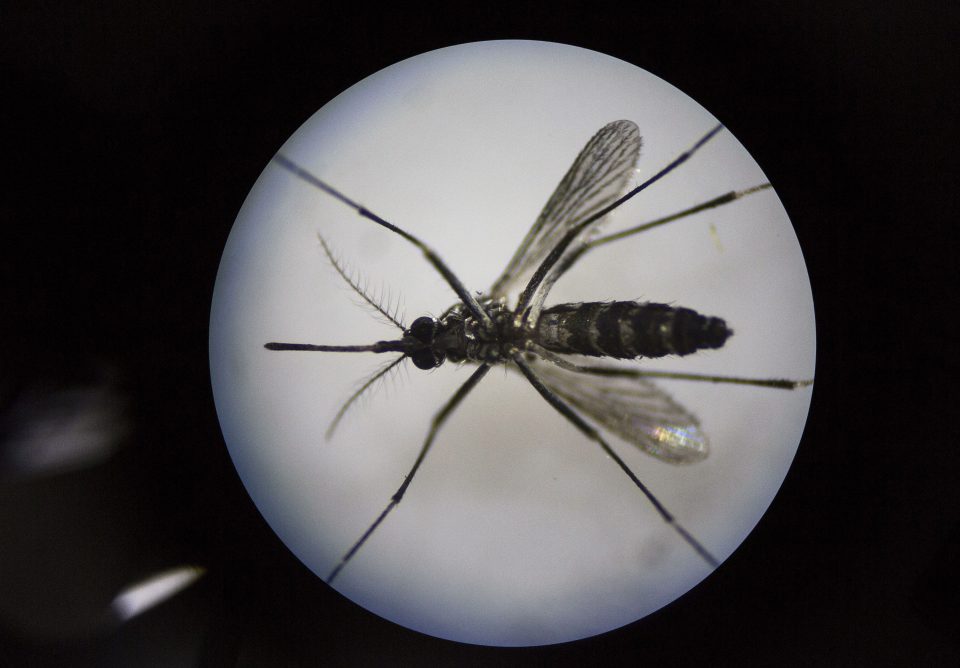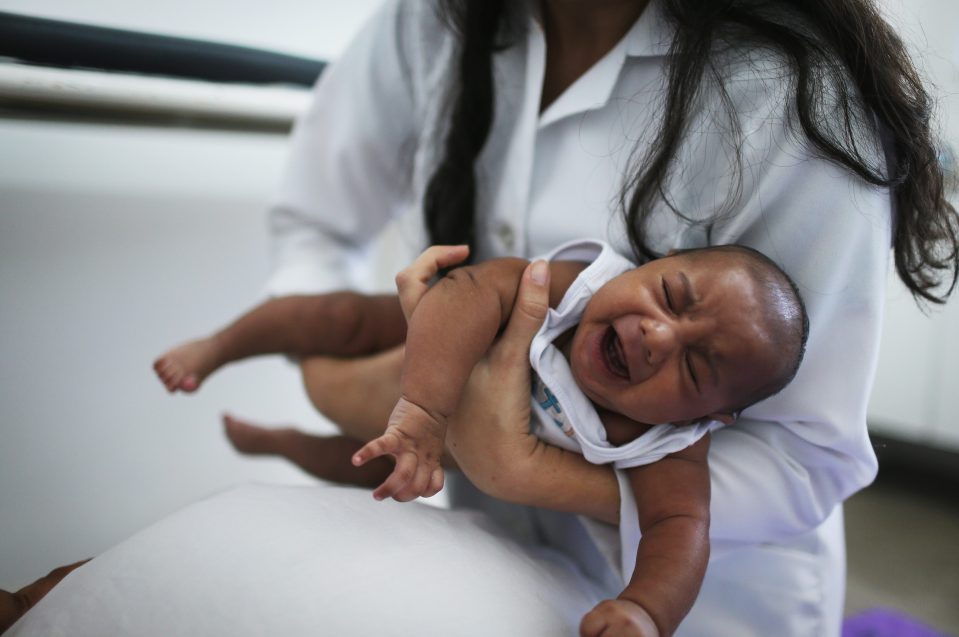Experts warn Zika virus could come to UK when Brits return from Rio Olympics
Olympics fans travelling to Brazil could unknowingly pick up the virus through unprotected sex and then bring it back to Britain

BRITAIN could be hit with an outbreak of the potentially deadly Zika virus if Olympics fans travelling to Rio from the UK become infected.
50 people have already tested positive for Zika in Britain after visiting infected countries, but scientists now fear a larger outbreak is possible as thousands are expected to travel to Brazil for the games and could import the virus on their return.
The virus can spread through mosquito bites and sexual contact, with victims often not realising they are infected because they do not show symptoms.
Experts have issued a warning, urging men to avoid unprotected sex during the games and for one month after their return to the UK if their partner is pregnant or at risk of pregnancy.
They also advised those who do show symptoms of the virus to wait six months before trying for a baby.
Although the Zika virus is rarely a concern for most people, it poses a particular threat to pregnant women and those trying for a baby.
Babies affected by the virus can be born with shruken heads and brain damage and the virus can even trigger miscarriages.
Hundreds of newborns have been diagnosed with the condition, known as microcephaly, since the outbreak in 2015.
RELATED STORIES
If unborn babies are exposed to the virus they can also contact Guillain-Barre syndrome, a condition that causes muscle weakness and paralysis.
Professor Mike Turner, Director of Science and Head of Infection and Immunobiology at the Welcome Trust, warned that tourists attending the games risk taking the virus back to their own countries.
The prof said: "We think of Zika in terms of the risk to those attending. Then there is a further level of risk they will take it back to their own countries and spread it further."
He admitted that the risk of tourists becoming infected was "low" but said it should not be ruled out as a possibility.
Prof Jimmy Whitworth, of the London School of Hygiene and Tropical Medicine, said: “For most people Zika is a mild illness and the risk of infection is going to be low in Rio and the risk can be made lower still be avoiding mosquito bites.
“The main concern is for couples who are pregnant or planning to conceive when they return. The damage to unborn babies can be really quite severe, particularly during the first father months during pregnancy. The advice is for pregnant women not to travel.
“In terms of avoiding mosquito bites, it's advisable to buy your protection before you go, because you might not be able to find what you need. Practice safe sex while you are away in the Olympics and take supplies of condoms.”
Dr James Logan, of the same institution, advised travellers to use good insect repellent to decrease likelihood of infection by mosquito.
He suggested using "Deet, between 20 and 50 per cent" and wearing "Long sleeves, long trousers" and "loose clothing".
Mosquito nets and plug-in devices that emit pesticides were also advised.
"You might sleep in and you might have a nap in the afternoon. So it's a good idea to use a net because mosquitoes bite in the day," he added.
Zika is commonly understood to be spread by the Aedes mosquitoe but researchers have discovered the virus in other species of the insect.
The Culex mosquito has also been found carrying Zika and is a genus which does live in Britain.
Scientists in the US have also investigated instances of Zika being caught by local mosquitoes who bite infected people.
A woman in Miami caught the virus despite not travelling or having sexual contact with an infected person, which suggests a local mosquito was carrying.
Some major sports stars, including golfers Rory McIlroy and Jason Day, have refused to attend the Rio Olympics amid concerns over injection.
Jessica Ennis-Hill, Britain's famous heptathlete, also spoke of her concerns while long jumper Greg Rutherford has even frozen a sample of his sperm ahead of the games.
We pay for your stories! Do you have a story for The Sun Online news team? Email us at tips@the-sun.co.uk or call 0207 782 4368
















